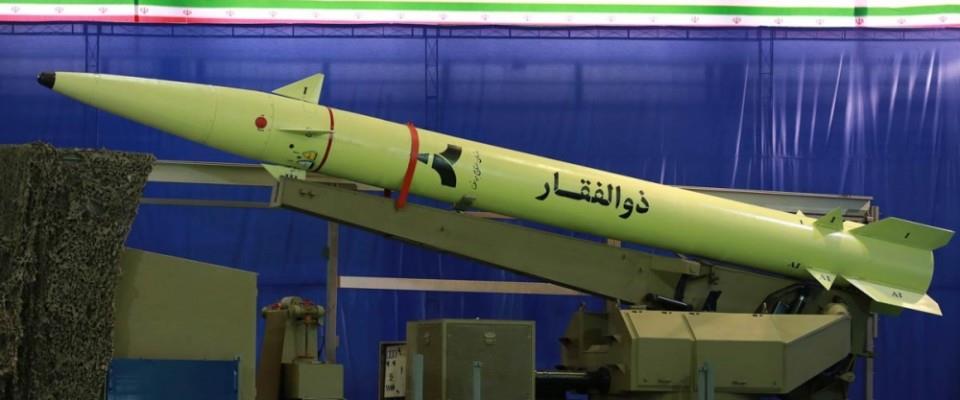
by Navid Felker
According to a report obtained by Fox News, Iran has aggressively pursued its ballistic missile program since agreeing to the 2015 nuclear deal, regularly launching nuclear-capable missiles. Some 23 missiles, as many as 16 of them nuclear-capable, have been launched since signing the deal.
This is considered a violation of the spirit of the deal, which, however, did not include a ban on missiles. Iran and European signatories to the agreement stress international inspectors have certified Iran in compliance.
Still, critics say the missile program displays the Islamic republic’s intent to intimidate its enemies.
“Out of all the ballistic missiles Iran fired in 2017, only four or five missiles can be considered nuclear-capable. In 2016, Iran fired 10 to 11 missiles than can be considered nuclear-capable,” according to a report by the Foundation for Defense of Democracies. “It is highly likely that the administration’s threat intimidated Tehran, altering its flight-testing calculus.”
Behnam Ben Taleblu, a senior Iran analyst at the foundation, authored the report, which has “identified as many as 23 ballistic missile launches by Iran since the conclusion of the July 2015 nuclear deal.”
The report cites Iranian media’s quote from the Islamic Revolutionary Guard Corps, who complained of testing delays over concerns of a potential response by the United States.
The Iran nuclear deal’s opponents argue that the nuclear agreement allowed non-nuclear activity — support of extremism, ballistic missile development, and cyber attacks.
The agreement’s supporters point out that the deal was designed only to address Iran’s nuclear program. These supporters most notably include the European governments that are also signatories to the agreement.
However, if European nations refuse to agree to changes, US President Trump has threatened to pull out of the Iran deal by May. Secretary of State Rex Tillerson is traveling this week in Europe, meeting with counterparts, and State Department officials said staffers are beginning Iran talks in Europe.
After meeting with Tillerson, United Kingdom Foreign Secretary Boris Johnson said, “I’d say there was a pretty wide measure of agreement on the European side about the need to look at what Iran is doing on the ballistic missile front and to work out what we can do collectively to constrain that activity and to make a big difference there.”
If European governments want to stay in the nuclear agreement, their support of further measures against Iran’s missile program will be necessary to keep it together.







